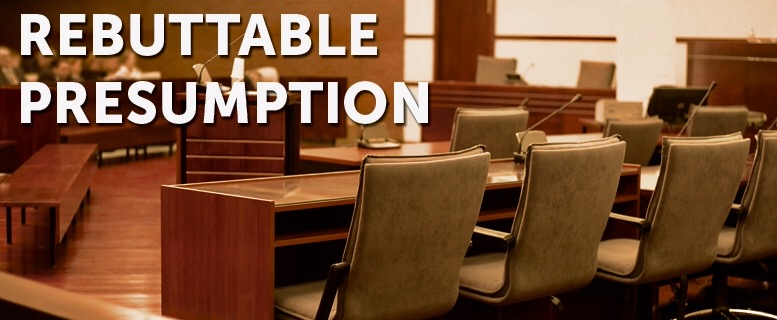
Norkhum v Fletcher 2019 BCSC 922 -1(15) held that the court has a broad discretion to apportion costs to achieve a just result.
The factors to consider under rule 14 – 1(15) in apportioning costs were set out in Sutherland v Canada (Atty. Gen.) 2008 BCCA 27 at paragraph 29 – 31:
29) a plain reading of the rule appears to give the judge or broad discretion to award costs to an unsuccessful party, or to deny costs to a successful party, with respect to an identifiable issue are part of the proceeding. As with every discretionary power, it must be exercised on a principal basis.
30) British Columbia v . Worthington Canada is the leading case with respect to the application of rule 57 (15) (1988) 29 BCLR 145 BCCA at 169 . It affirms that under that rule, the court has full power to determine by whom the costs related to a particular issue are to be paid. As Worthington states the discretion of the trial judge under rule 57 (15) is very broad, and must be exercised judicially, not arbitrarily or capriciously. There must be circumstances connected with the case which render it manifestly fair and just to apportion costs.
(31) The test for the apportionment of costs under rule 57(15) , the predecessor of rule 14-1 (15) can be set out as follows:
1) The party seeking apportionment must establish that there are separate and discrete issues upon which the ultimately unsuccessful party succeeded at trial;
2) there must be a basis on which the trial judge can identify the time attributable to the trial of the separate issues;
3) it must be sure that apportionment would affect a just result..
The Norkhum decision went on to state that the apportionment of costs is not a regular part of litigation and is relegated to the relatively rare cases .




